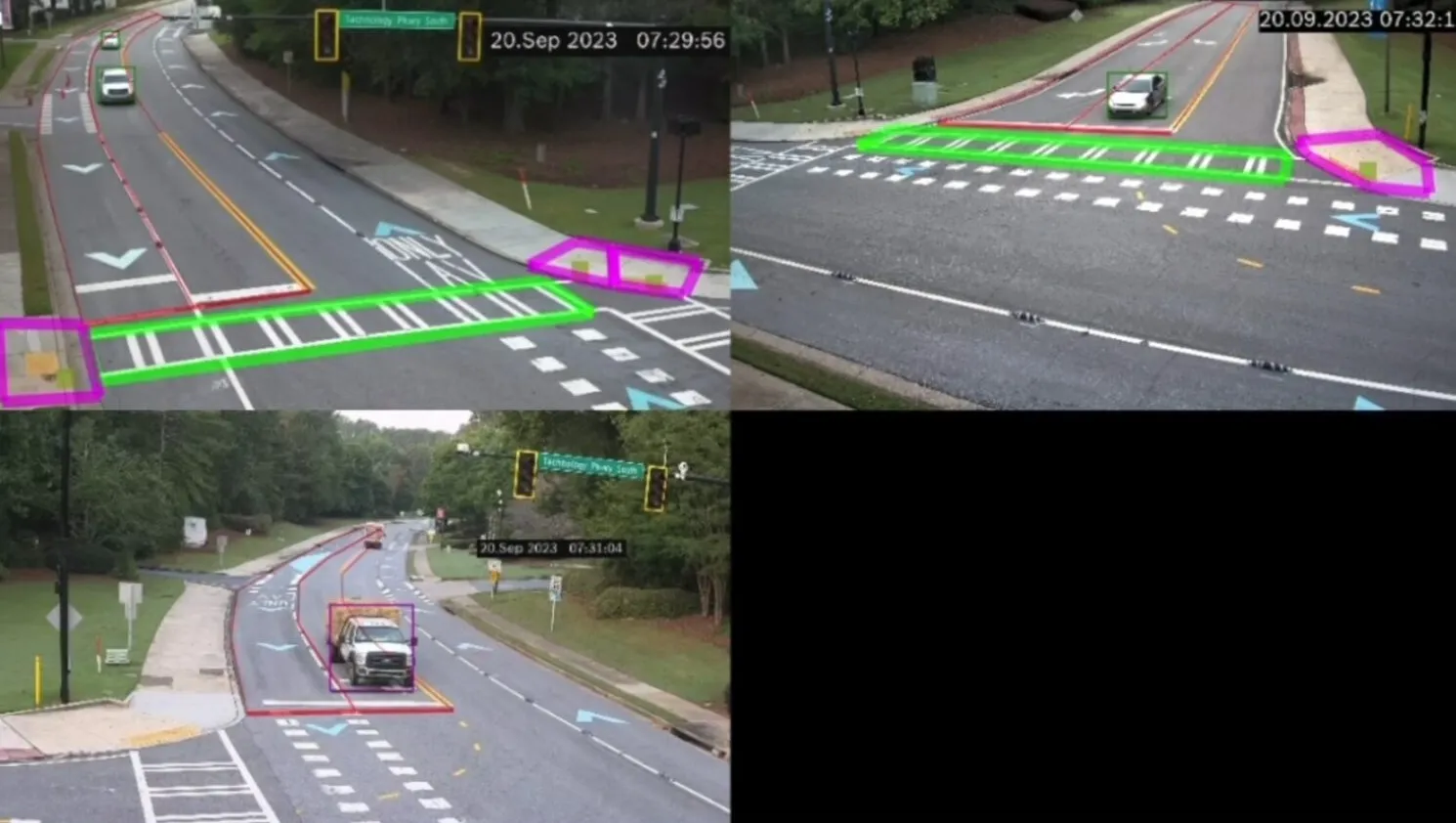Transportation solutions supplier McCain has reported on the positive deployment of its QuicTrac adaptive signal control technology along a busy corridor in Pueblo, Colorado. The installation, on behalf of the Colorado Department of Transportation (CDOT) Region 2 traffic section, successfully met all project goals including reducing travel times and stops, while maintaining or increasing corridor speed.
Installed on an 8.2 mile stretch of US highway 50 in an effort to ensure traffic signal timing kept pa
May 8, 2015
Read time: 2 mins
Transportation solutions supplier 772 McCain has reported on the positive deployment of its QuicTrac adaptive signal control technology along a busy corridor in Pueblo, Colorado. The installation, on behalf of the 5701 Colorado Department of Transportation (CDOT) Region 2 traffic section, successfully met all project goals including reducing travel times and stops, while maintaining or increasing corridor speed.
Installed on an 8.2 mile stretch of US highway 50 in an effort to ensure traffic signal timing kept pace with demand, CDOT opted to implement QuicTrac Adaptive to adjust signal timing plans on-the-fly to accommodate real-time traffic flow, rather than use fixed time-of-day signal plans.
Results issued in a report by the independent consulting firm,1677 Atkins Engineering, calculate the annual savings to US 50 drivers to exceed US$5 million. The benefit value was determined based on daily travel time savings of 1,013 hours and 461 gallons of gasoline. In addition, McCain's adaptive control system successfully reduced driver delays by 39 per cent, improved travel times by 6 per cent; increased driver speeds an average of 7 per cent and reduced the number of stops by nearly a third.
Installed on an 8.2 mile stretch of US highway 50 in an effort to ensure traffic signal timing kept pace with demand, CDOT opted to implement QuicTrac Adaptive to adjust signal timing plans on-the-fly to accommodate real-time traffic flow, rather than use fixed time-of-day signal plans.
Results issued in a report by the independent consulting firm,









